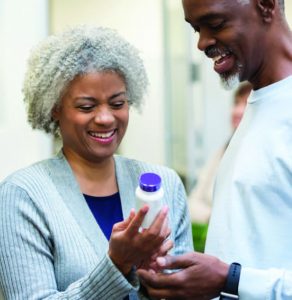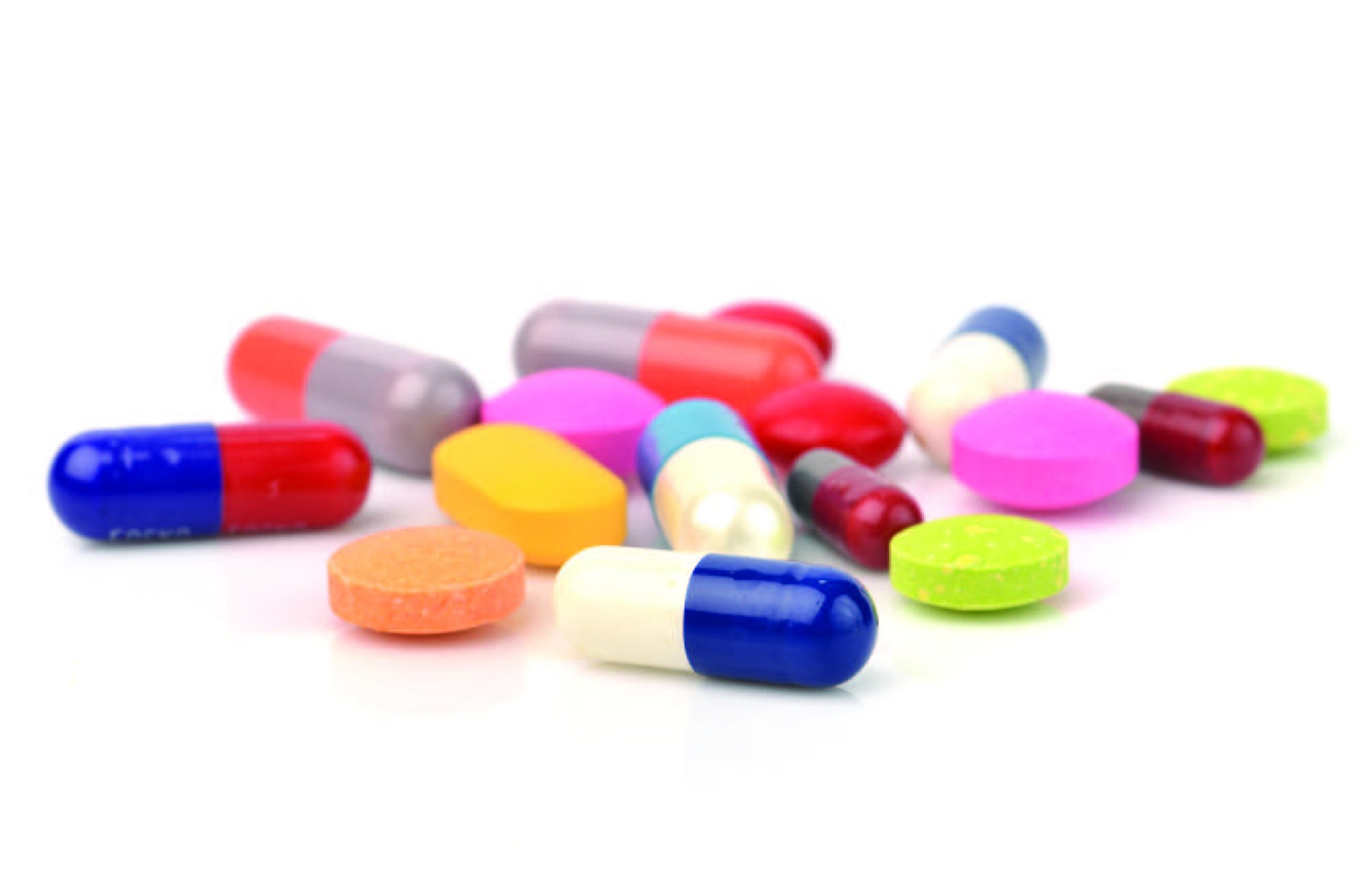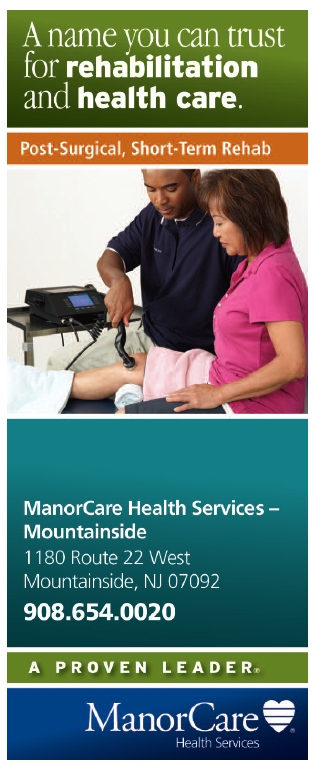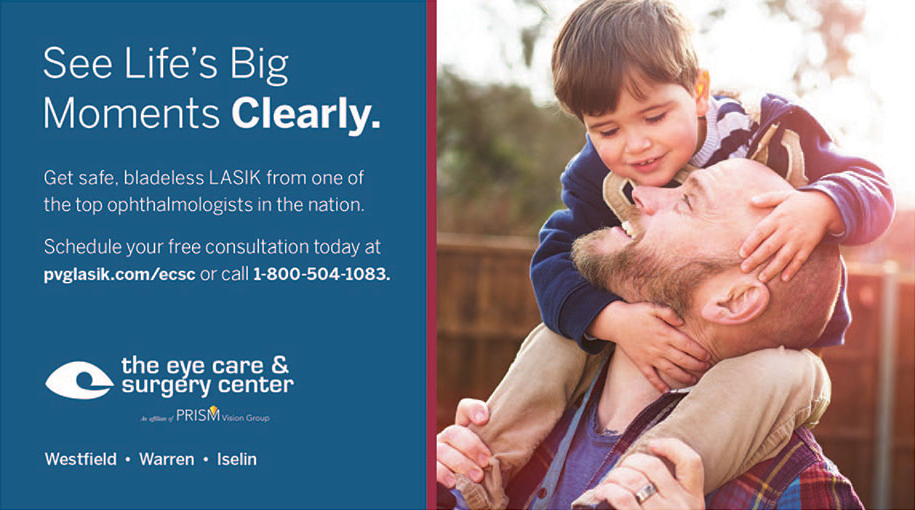Is your OTC medication doing more harm than good?
Over-the-counter (OTC) medication is one of the safest, most convenient and most affordable pieces of the healthcare picture. The average American household spends nearly $450 a year on OTC medication and related products. We trust OTC drugs, and with good reason: They are FDA-regulated, securely packaged and, where appropriate, most doctors are comfortable recommending them before jumping right into prescriptions. They are marketed well, too. Who can say how many hours of headache, back ache and joint ache commercials the average adult has watched in a lifetime? They are so ubiquitous that we pretty much ignore them at this point.
Unfortunately, there is another aspect of OTC medication that we tend to ignore, and that’s the labeling. The FDA assures their safety only when all labeled directions are followed and all warnings are carefully considered. In theory, most of us understand what this means. In practice, however—particularly while experiencing pain and discomfort—we do stupid things. And that is when OTC drugs can become unsafe. This is particularly true for individuals with coronary vascular disease (CVD). For these individuals, OTC medication can have a serious impact on heart health.
“My patients who suffer from various heart diseases are mostly older and therefore very vulnerable to indiscriminate use of OTCs,” says Dr. Fayez Shamoon, Director of Cardiac Services at Trinitas. “One very real problem for them is that taking OTCs might interfere with compliance about taking their prescribed medications.”

www.istockphoto.com
“Popular remedies such as decongestants and nasal constrictors for the common cold can lead to serious heart consequences,” he adds, “including tachycardia and arrhythmia.”
Do I have a cold or is it really the flu? Is this indigestion or a possible heart attack? What is it about human nature that convinces us that we’re qualified to answer questions like these? Particularly when self-diagnosis only amplifies the risk when we grab an inappropriate product off the shelf. Relying on personal rather than professional diagnoses, especially when cardiac symptoms are involved, can lead to “more harm than good” consequences—for instance, choosing a popular non-steroidal anti-inflammatory (NSAID) to relieve arthritic lower back pain…only to find yourself in the ER after a life-threatening side effect.
For his part, Dr. Shamoon considers NSAIDs to be the most abused and dangerous class of OTC drugs. Relief from pain too often supersedes the potential risk of serious consequences, even to a healthy heart, he explains. He encourages his patients to exercise good sense and ask before adding any store-bought medication.
“I am always available to help them make wise decisions to protect their heart health when dealing with OTC meds,” he says.
Matters of the Heart
According to the CDC, heart disease has surpassed cancer as the leading cause of death by more than 100,000 annual fatalities. Another recent wake-up-call statistic is that one American dies every 37 seconds from CVD, which works out to roughly one in four deaths. CVD is a condition that affects not only the heart but the vascular system that services it, which can lead to a heart attack, angina or a stroke. Also very concerning is that around a third of adults suffer from high blood pressure, which can trigger serious heart complications.
Then there is the issue of cholesterol. While a normal level of “good” HDL is necessary for healthy cell production, a high level of “bad” LDL indicates the presence of excessive fatty deposits in blood vessels that inhibit the flow of blood. This interruption of blood flow can lead to a heart attack or stroke. High LDL is not typically accompanied by noticeable symptoms, requiring a blood test to diagnose. The Mayo Clinic recommends cholesterol screenings every year or two for men ages 45 to 65 and for women ages 55 to 65, while seniors over 65 should be tested annually.
What’s in Store
Meanwhile, the aisles at your local pharmacy are overflowing with products that promise to address medical conditions ranging from a simple cold or occasional headache to more aggressive-sounding treatments for pain and its sources. And because you’re making choices when you are not at your best, sometimes it’s difficult to remember these are only safe when used responsibly—in other words with full awareness of all positive and negative effects. It would be nice to get your doctor on the phone to help with these decisions, but that’s not always possible. In these cases, ask the pharmacist, especially if you are shopping at your “home” store. Pharmacists can access your current medications or at the very least ask you some key questions. They are perfectly positioned to recommend a specific OTC product or, more importantly, steer you away from one that may be problematic.
“Be thoughtful before you go to the pharmacy,” Sharon Greasheimer, a Registered Pharmacist and Director of the Trinitas Pharmacy Department, advises. “Go to the Internet or another reliable resource and do a little homework. Plan ahead. Put the whole picture together—your age, any diagnosed medical conditions, any other medications prescribed—and then call ahead to see if your pharmacist might be available for a brief consultation if needed.”
In the Trinitas Pharmacy, Greasheimer notes, every drug—whether over-the-counter or otherwise—requires a script from the attending physician before it can be dispensed at the hospital. The pharmacy also follows up for possible side-effects or drug reactions. However, once at home, patients shoulder the responsibility for good decision-making when it comes to OTCs.
“These are self-treatment remedies that can be useful—but only if the user is also aware of any potential risks or side effects,” she says.
When considering the purchase of NSAIDs, heart patients need to be doubly cautious. Different NSAIDs, whether prescription or OTC, work in different ways, so it’s important to ask your doctor or pharmacist which is right for you, even if you’re in tip-top health. They all come with side effects. Topping the list are digestive problems, such as stomach upset, heartburn and ulcers. More serious complications can include kidney injury, internal bleeding and severe allergic reactions. The possible risks from use of unprescribed NSAIDs are escalated when a heart issue, diagnosed or not, is present. When considering whether to start a NSAID regimen, there is currently no clear consensus regarding safe dosages and extended-use prohibitions. The best approach? Ask your physician (or cardiologist) before even setting foot in the store.

www.istockphoto.com
Survey Says…
The multibillion-dollar OTC marketplace is a battleground for your business. Over the years, ad agencies have found that the most effective way to earn the trust of consumers is with “take it from me…” testimonials, which are often accompanied with or followed by a list of side-effects, legalese and assorted other caveats and disclaimers. They work because we focus on the actors (yes, they are actors) who remind us of us, and don’t seriously evaluate the validity of what they are saying. Data collected in a recent study at Dartmouth College indicated that “80 percent of over-the-counter drug ads were found to be misleading or false.” If you’re curious, the same study also suggested that 60% of new prescription drugs being advertised were also misleading (or false).
So how surprised were we to find out that the old “aspirin a day” advice has now come under serious question? In the hallowed halls of Harvard and the Mayo Clinic, some experts are refuting the popular recommendation to take a daily low-dose aspirin to prevent heart problems. New studies reveal that aspirin therapy for healthy adults may actually be more harmful than helpful. As with most OTC medicines, aspirin can have negative side effects, such as gastrointestinal upset, ulcers and internal bleeding—especially when taken in combination with other blood-thinners. On the positive side, there are some indications that aspirin can be a helpful preventative for those patients who have been diagnosed with heart conditions. Consequently, aspirin as a preventative measure is now often reserved only for those patients with a prior history.
A monthly pharmaceutical journal, The Pharmacy Times, found that nearly nine of every 10 Americans use OTC products regularly. That’s more than 260 million consumers who make about three billion trips annually to purchase their OTC meds—at a price that can be one-tenth of a prescription drug. This space is booming, with many former Rx drugs transitioning onto already crowded shelves. In our minds, they have become “consumer goods” even though they are not.
FDA approval, easy access and attractive pricing do not make OTC drugs heart-healthy, especially where patients with cardiac issues are concerned. In the end, it is your body and thus your job to be a vigilant consumer, and that means asking the right people the right questions before bringing a cold medicine or pain reliever to the checkout counter. You never know…it could be a life or death decision.







